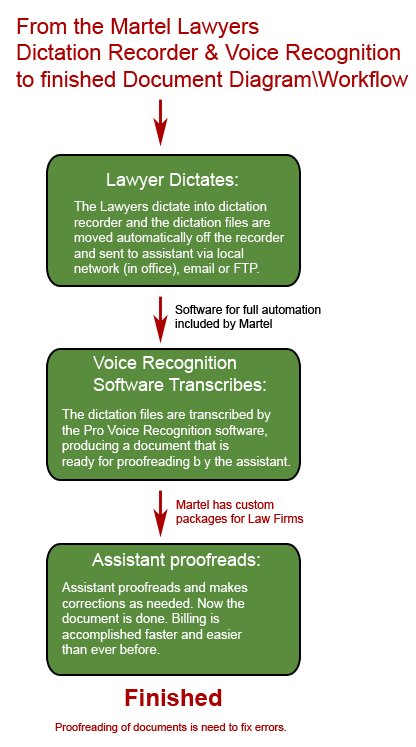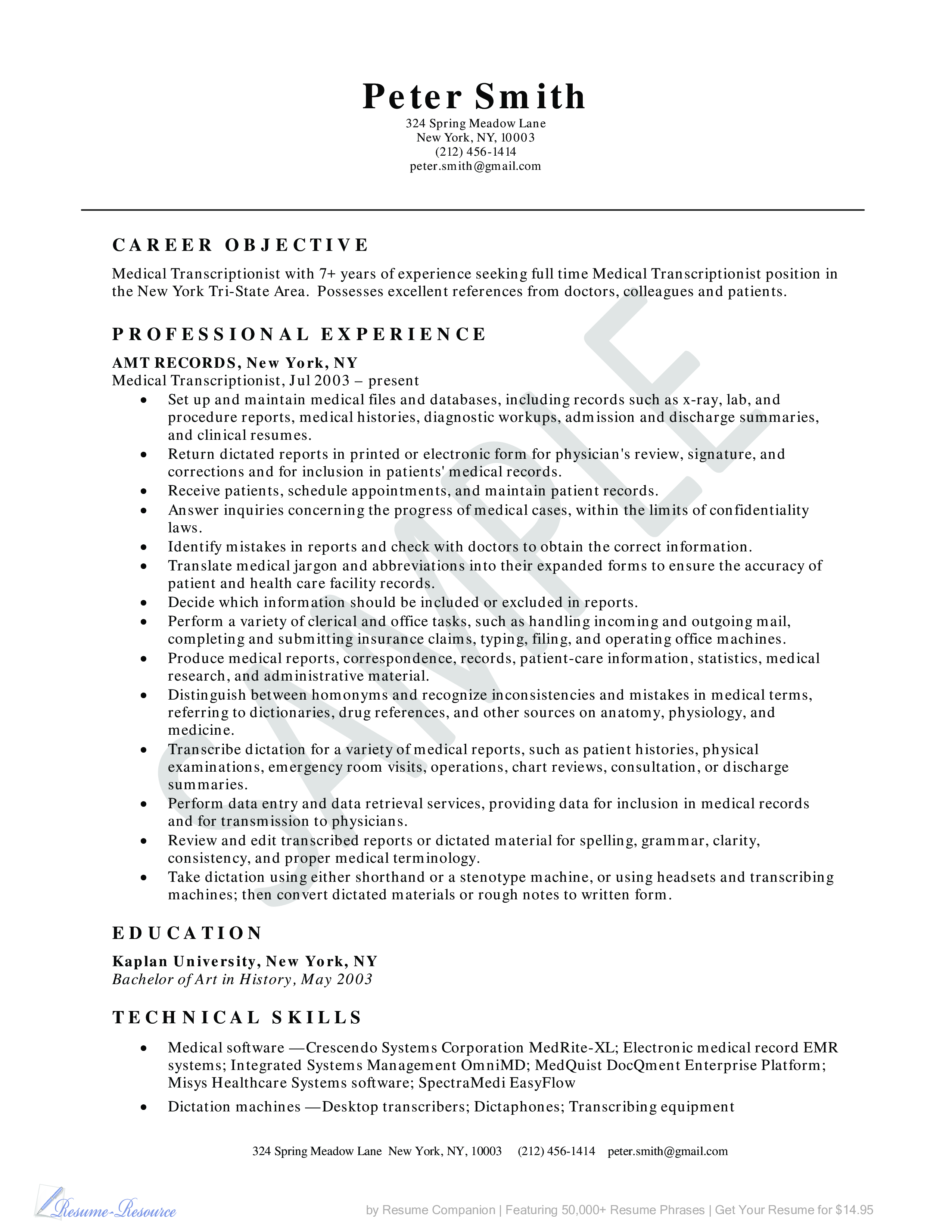Dragon® Legal Group 15 & Professional Speech Recognition Bundles with Digital Recorders and SMARTPHONE apps. For legal professionals, nothing beats Dragon Naturally Speaking Professional and Dragon Naturally Speaking Legal. For the majority of legal uses, Dragon Professional is $200 less and performs just as well, unless you need the additional features offered by the Legal version ( which has. Dictation Equipment for Attorneys. If you are like most busy attorneys, you probably depend heavily on dictation when making notes, recording legal briefs, organizing documentation or simply collecting and clarifying your thoughts regarding an important case. Legal Transcription; Legal Software; Filter. Sort by: See Details. Add to Wishlist. $289.00 $239.76. Philips LFH4512-00 SpeechExec Pro 11.5 Transcribe 2-Year Subscription Software - Download. Add to Wishlist. The Lawyers Legal Pro software voice recognition vocabularies for the legal industry. The software is able to create documents. Its been a huge help with our streaming out of documents. We now share the voice files between law offices in difference locations around the world. This all the dictation equipment and software to do the work and free. Our digital dictation system for lawyers is tailor-made to meet the flexible requirements of the modern day legal professional. SpeechWrite Digital’s legal digital dictation solutions are perfectly suited for law firms, corporate legal departments and courts.
Being a legal professional often means leading a high-demand life, no matter what specific area of law you work in. You need to find and exchange information rapidly, conduct accurate research, and hold numerous meetings that require accurate, meticulous, and trustworthy notes.
Thanks to modern technology, there are many ways that lawyers can keep track of their notes and ideas, from the humble Post-It Note to the newest productivity app. Some of the most popular, time-honored methods, however, are legal transcription and dictation.
What is dictation? Dictation is the process of speaking to another person who writes down what you say or speaking into a recording device. With dictation, you can playback the recording or read from the written notes.
What is transcription? Transcription is when recorded speech is typed up, either by a person with a keyboard or through voice-recognition software. For example, if you use voice-recognition software to take notes on your phone, you are dictating into the microphone, but the text version of your words that appear on the screen is a transcription created by the software.
When it comes to performing legal tasks, legal transcription vs dictation can seem very similar. Both transcription and written dictation can be kept as notes and re-read, making them both useful for busy legal professionals.
Transcription vs. Dictation: 5 Key Differences
There are a few key differences between transcription and dictation that determine which method is best for you. Dictating into a recorder may be more useful if you need to practice an argument you will make in court. Dictation may also be more useful when brainstorming ideas, or if you are just taking notes for your own personal use. Transcription can be useful if you are going to be sharing information, or if you need to store the information for future use.
If deciding between transcription or dictation, think about what would have the biggest impact on your schedule and what will make your workday easier.
1. Time
One major difference between legal transcription vs dictation is the amount of time both of them take. Dictation is generally faster, since it is simply a recording of whatever is said to an individual or device. Unlike legal transcription, dictation happens almost instantly. If you’re a legal professional who wants your information right away, dictation may be the most helpful option.

In comparison, transcription takes longer, since it involves first creating an audio recording or written shorthand, which is then typed up. However, transcription usually is easily understood and consumed.
2. Humans vs. Computers
Early dictation involved secretaries who took dictation in shorthand and typed up the full version of the recorded speech later. Modern dictation, however, usually involves speaking into a recording machine that documents what is being said. Depending on the equipment or software being used, the quality of the recording can vary widely. Audio recordings also may include background noise and other speakers that do not provide helpful information.
Transcription, however, usually requires a human to type up the recording, make notes, and edit as necessary for unnecessary filler words and sounds. Transcription can include as much or as little information as you want, such as identifying different speakers. This adds a human element that is difficult, if not impossible, to get with modern dictation.
3. Ease of Sharing
Thanks to modern technology, you can share both legal dictation and legal transcription files pretty easily. Since dictation is usually an audio recording, it can be sent between peers but may be more difficult to navigate. If you’ve ever tried to repeatedly pause, rewind, or skip forward in an audio or video recording to find a specific quote, you know that it can be a frustrating process. Plus, audio files tend to take up more memory and disk space than text files.
As a text file, transcriptions can be shared in a wide variety of ways. You can even copy and paste specific sections of the transcription instead of the whole thing! If you do send the full transcription file, the recipient can skim it more easily, or search for a specific keyword to find a particular quote or passage.
4. Clarity
As we’ve mentioned already, there is a human element to transcriptions that is difficult to replicate with most types of software. Since transcriptions are usually done by humans, the transcriptionist can deliberately exclude unnecessary sounds and focus on the content.
When you have dictated audio recordings, you may not have high-quality results because of your surroundings (or faulty equipment). If you conduct a deposition in a quiet, well-insulated room with few people, then the recording will be crystal clear. A recorded interview that takes place in a loud hallway, however, may be much more difficult to understand.
For example, let’s say you have a brilliant idea as you’re walking down the street. You might pull out your phone to dictate a quick note into a voice recorder. On a windy day, the microphone may pick up a lot of noise from the breeze.
If the recording is just for your personal use, this may not be a problem at all. However, it can be obnoxious and even unintelligible if other people need to hear the recording. If you hire a human transcriptionist to transcribe the recording, they are more likely to identify the correct words and work around any audio interference than voice-recognition software.

5. Ease of Use
Need to share or repurpose your recordings? In that case, a text-based transcription may be the way to go. It’s “criminally” easy to use legal transcriptions for other documents that your legal team might need to produce!
Many courts require written documentation for most motions, and recorded dictation doesn’t count. Legal transcriptions also can be easily stored and organized for future reference. Depending on the material, you can also provide legal transcriptions to clients who want to keep their own notes, or family members who were not able to be present at a trial.
Don’t need to share your notes or keep them for very long? Then dictation may be the best option for you. Taking notes, delegating tasks, and setting reminders often can be easier with dictation, especially if you are the only one who will be listening to the clips.
Try Transcription for Your Most Important Legal Documents
Busy legal professionals can get a lot of use out of both legal transcription and dictation in their daily lives. Since transcription and dictation are useful in different contexts, combining the two methods can make you more detailed and organized in a profession that requires a lot of both qualities!
Dragon Legal Dictation Software

Legal Dictation And Transcription Software
Want to learn more about how dictation and transcription services can help make your life easier and your work day more productive? Check out the many brilliant resources on the Rev blog!
Your law firm is busy solving clients’ problems. Let us help solve yours.
Advances in digital technology within the dictation and transcription process have transformed how law firms process recorded information. Portable handheld recording devices allow attorneys to dictate on the go, and Olympus Dictation Management System (ODMS) software automatically routes recordings into the firm’s workflow, either to a transcriptionist, directly into speech recognition software, or a combination of both. For the attorney looking to provide the ultimate in client service, there’s no more secure, reliable or flexible solution on the market.

